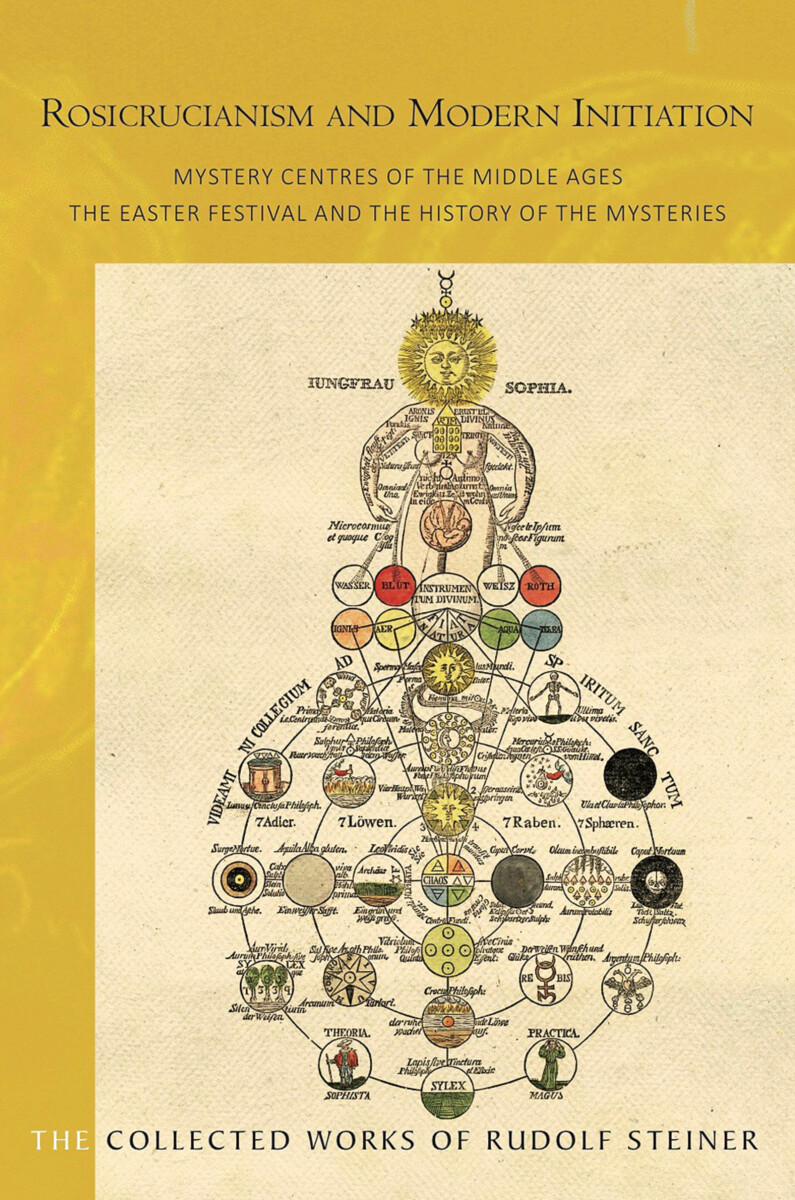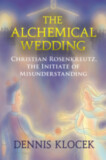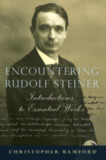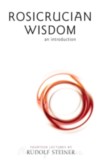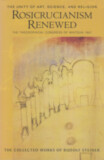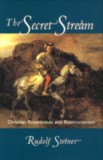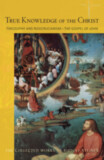Rosicrucianism and Modern Initiation
Mystery Centres of the Middle Ages: The Easter Festival and the History of the Mysteries (CW 233a)
- Publisher
Rudolf Steiner Press - Published
2nd November 2020 - ISBN 9781855845787
- Language English
- Pages 248 pp.
- Size 6" x 9"
10 lectures in Dornach, Switzerland, Jan. 4–13 and Apr. 19–22, 1924 (CW 233a)
“Steiner has been able to clarify the historical reality behind the Rosicrucian story, with all its aura of glamor and fantasy. That effected, he points to the enormity of its vision for the future evolution of ideas” (Dr. Andrew Welburn, from his introduction).
In the immediate aftermath of the “Mystery act” called the Christmas Foundation Conference, Rudolf Steiner chose to speak on the subjects of Rosicrucianism and modern initiation and the mystery centers of the Middle Ages. Clearly connected to the events that had just occurred in Dornach—in which he not only reestablished the Anthroposophical Society but also assumed a formal position within it—Steiner begins by exploring the intellectual life of the Middle Ages and the role that the mysteries played within it. He illumines on the foundations of Rosicrucianism, its principles of initiation, and its inherent impulse for freedom. Steiner also discusses the secret teachings of the eighteenth and nineteenth centuries and the dawn of the age of Archangel Michael.
In the second series of lectures, “The Easter Festival and the History of the Mysteries,” Rudolf Steiner describes how the annual festivals developed from the mysteries themselves. He speaks of mysteries connected to spring and autumn, Adonis and Ephesus, and the significance of Sun and Moon. Throughout the volume Steiner discusses the roles of Alexander the Great and Aristotle in world history and the significance of Aristotle’s “Categories.”
Published for the first time as a single volume, this freshly revised text is complemented with an extensive introduction, “Rudolf Steiner and the Rosicrucians,” by Dr Andrew Welburn, detailed notes and appendices by Professor Frederick Amrine, and an index.
This volume is a translation from German of Mysterienstätten des Mittelalters: Rosenkreuzertum und modernes Einweihungsprinzip Das Osterfest als ein Stück Mysteriengeschichte der Menschheit (GA 233a). A portion of this volume was previously published in English as The Easter Festival in Relation to the Mysteries.
C O N T E N T S:
Introduction by Andrew Welburn
Part I: Rosicrucianism and Modern Initiation, Mystery Centers of the Middle Ages
6 lectures, Jan. 4–13, 1924
Part II: The Easter Festival and the History of the Mysteries
4 lectures, Apr. 19–22, 1924
Appendices
1. Representation
2. The Hierarchies
3. The Etheric and the Astral Bodies
4. Cosmic Evolution
5. Raymond Lull
6. Eurythmy
7. Amos Comenius
8. Ahriman and Lucifer
9. Emil Du Bois-Raymond
10. Eliphas Lévi
11. Ernst Haeckel
Notes
Index
Rudolf Steiner
Rudolf Steiner (b. Rudolf Joseph Lorenz Steiner, 1861–1925) was born in the small village of Kraljevec, Austro-Hungarian Empire (now in Croatia), where he grew up. As a young man, he lived in Weimar and Berlin, where he became a well-published scientific, literary, and philosophical scholar, known especially for his work with Goethe’s scientific writings. Steiner termed his spiritual philosophy anthroposophy, meaning “wisdom of the human being.” As an exceptionally developed seer, he based his work on direct knowledge and perception of spiritual dimensions. He initiated a modern, universal “spiritual science” that is accessible to anyone willing to exercise clear and unbiased thinking. From his spiritual investigations, Steiner provided suggestions for the renewal of numerous activities, including education (general and for special needs), agriculture, medicine, economics, architecture, science, philosophy, Christianity, and the arts. There are currently thousands of schools, clinics, farms, and initiatives in other fields that involve practical work based on the principles Steiner developed. His many published works feature his research into the spiritual nature of human beings, the evolution of the world and humanity, and methods for personal development. He wrote some thirty books and delivered more than six thousand lectures throughout much of Europe. In 1924, Steiner founded the General Anthroposophical Society, which today has branches around the world.


